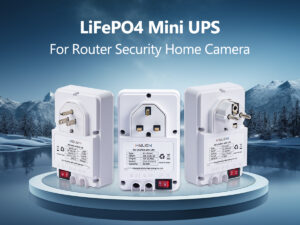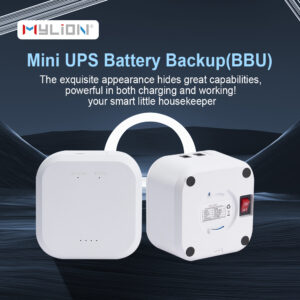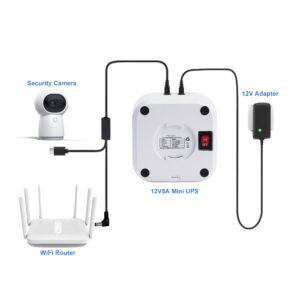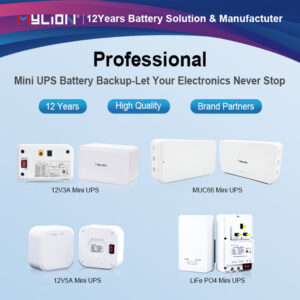Wireless communication devices have become an integral part of modern life, ensuring seamless connectivity and real-time communications. Whether in home, office or industrial settings, devices such as Wi-Fi routers, surveillance cameras, VoIP phones and other smart communication devices rely on continuous power to operate effectively. However, power outages present significant challenges, leading to service disruptions, security breaches and operational inefficiencies. This is where LiPo batteries (lithium polymer batteries) play a vital role. By providing a reliable, efficient power source, lithium polymer batteries ensure that wireless communication devices can keep operating even during power outages. This article explores how lithium polymer batteries can support wireless communication devices, enhance performance and ensure uninterrupted connectivity.
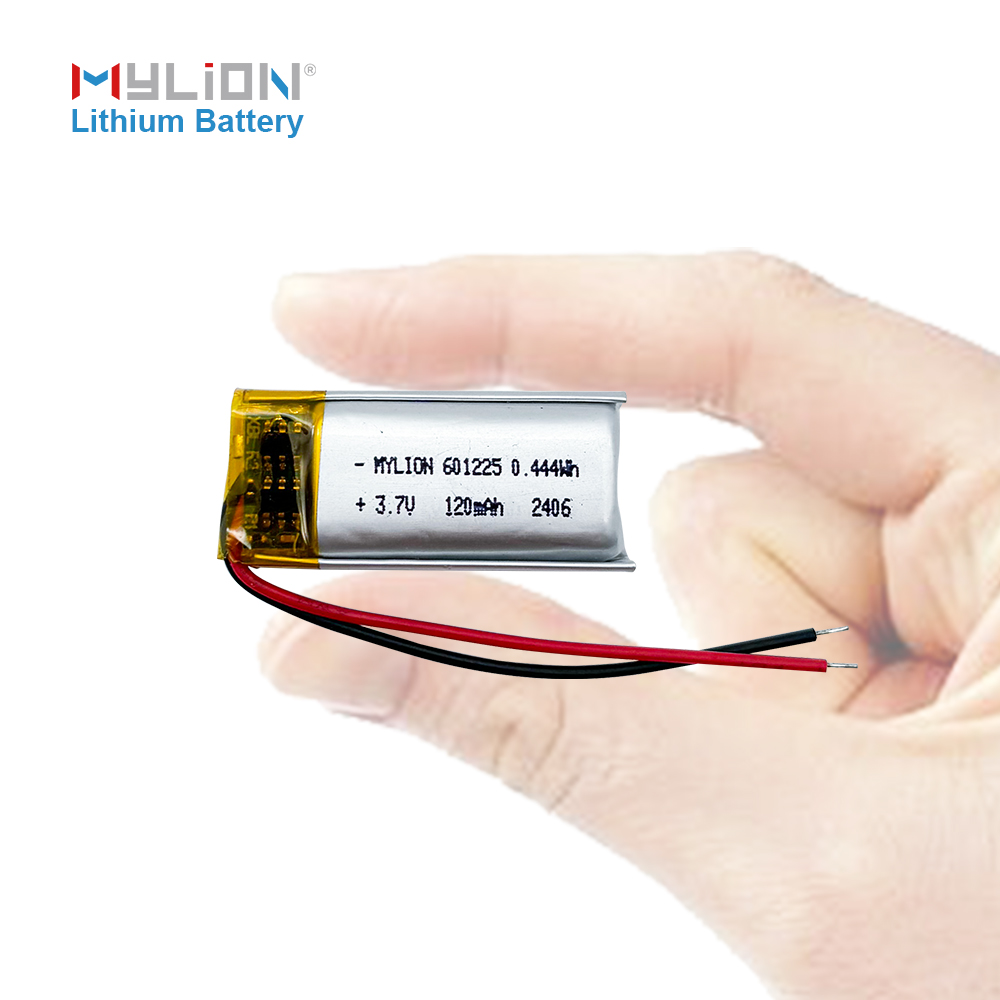
1.Introduction to Lithium Polymer Batteries in Wireless Communication Devices Wireless
communication devices are designed to provide seamless connectivity, but their efficiency directly depends on a stable power source. Lithium polymer battery technology has become the first choice of many manufacturers due to its high energy density, lightweight design, and ability to provide stable power. Unlike traditional lead-acid or nickel-metal hydride batteries, lithium polymer batteries provide a compact and long-lasting solution, making them ideal for modern wireless communication systems.
2.Ensure continuous connection to Wi-Fi router
Wi-Fi routers are essential for maintaining Internet connectivity in homes, businesses, and public spaces. However, power failures can disrupt the network, causing inconvenience and lost productivity. The integration of lithium polymer batteries in Wi-Fi routers provides a reliable backup power solution that can operate even when the main power supply is cut off.
Uninterrupted Internet Access: With a built-in lithium polymer battery, the router can continue to operate during power outages, ensuring users stay connected to work, communications, and entertainment.
Smart home support: Many smart home devices, such as security systems, voice assistants, and automation devices, rely on an active internet connection. Lithium-polymer battery backup ensures these devices continue to function even in the event of a power outage.
Compact and Efficient Design: The lightweight and high-capacity nature of lithium-polymer batteries make them ideal for modern, sleek router designs without adding bulk or excess weight.
3.Powering Security Cameras for Security
Security cameras are essential for residential and commercial surveillance, providing real-time monitoring and recording capabilities. However, power outages can disable cameras, compromising safety and leaving property vulnerable to threats.
24/7 Monitoring: Lithium polymer battery backup ensures security cameras remain operational even during power failures, maintaining around-the-clock security.
Wireless Freedom: Many modern IP cameras and smart surveillance systems are designed for wireless operation. Lithium polymer battery technology enables truly wireless cameras, eliminating the need for constant wiring, making installation flexible and worry-free.
Reliable Video Storage: Some cameras store footage in local memory, which can be lost if there is a sudden power outage. With lithium polymer battery support, cameras can continue recording during power outages or securely stream footage to the cloud.

4.Support VoIP Phones and Communication Devices
Voice over Internet Protocol (VoIP) phones are widely used in businesses and homes for efficient communication. Unlike traditional landline phones, VoIP systems rely on an Internet connection and power to operate. Backup lithium batteries can prevent service interruptions and maintain seamless communication.
Business Continuity: In a corporate environment, uninterrupted communication is essential. With lithium polymer battery support, VoIP phones can continue to operate even when power is lost, preventing dropped calls and business interruptions.
Emergency Preparedness: In emergency situations, reliable communication is essential. VoIP phones with backup lithium batteries ensure that users can make calls even during power outages.
Portability and Efficiency: Lithium polymer battery technology enhances the design of VoIP phones, making them lightweight, portable, and efficient, without the need for external bulky power supplies.
5.Enhanced Smart and IoT Wireless Devices
The Internet of Things (IoT) has changed the way devices interact and communicate. Many smart wireless devices, including smart locks, environmental sensors, and wearable communication devices, rely on lithium polymer batteries for continuous operation.
Smart Door Locks: Electronic door locks with lithium battery support continue to operate even when the power is lost, ensuring security and access control.
Environmental Sensors: Wireless sensors that monitor temperature, humidity, and air quality use lithium polymer batteries to collect and transmit data uninterruptedly.
Wearable Communication Devices: Many modern wearable devices rely on lithium polymer batteries for lightweight, long-lasting performance, making them suitable for mobile connectivity.
6.Advantages of Lithium Polymer Batteries in Wireless Communication Devices
The widespread adoption of lithium polymer batteries in wireless communication devices is driven by several key advantages:
High energy density: Lithium polymer batteries have a high power-to-weight ratio, allowing devices to operate efficiently without the need for excessive battery size.
Compact and lightweight: Unlike traditional batteries, lithium polymer batteries can be designed into slim, flexible shapes, making them ideal for compact wireless devices.
Fast charging: Many lithium polymer battery models support fast charging, reducing downtime of wireless communication devices.
Longer service life: Compared with traditional batteries, lithium polymer batteries have a longer cycle life, ensuring continuous performance over time.
Reliable backup power: For critical communication equipment, lithium polymer batteries can serve as an important backup power source to prevent operational interruptions.
7.Future Innovations in Lithium Polymer Batteries for Wireless Communications
As technology advances, lithium polymer batteries are expected to undergo further innovations to enhance the performance of wireless communication devices:
Higher Capacity Batteries: Research is underway to develop lithium polymer batteries with greater energy storage capabilities, enabling wireless devices to achieve longer operating times.
Faster Charging Solutions: New advances are designed to reduce charging times while maintaining battery efficiency and safety.
Environmentally Friendly Materials: Future lithium polymer battery innovations will focus on sustainable and recyclable materials to reduce environmental impact.
Integration with Renewable Energy: Solar lithium polymer battery solutions are being developed to provide off-grid power for wireless communication devices in remote areas.
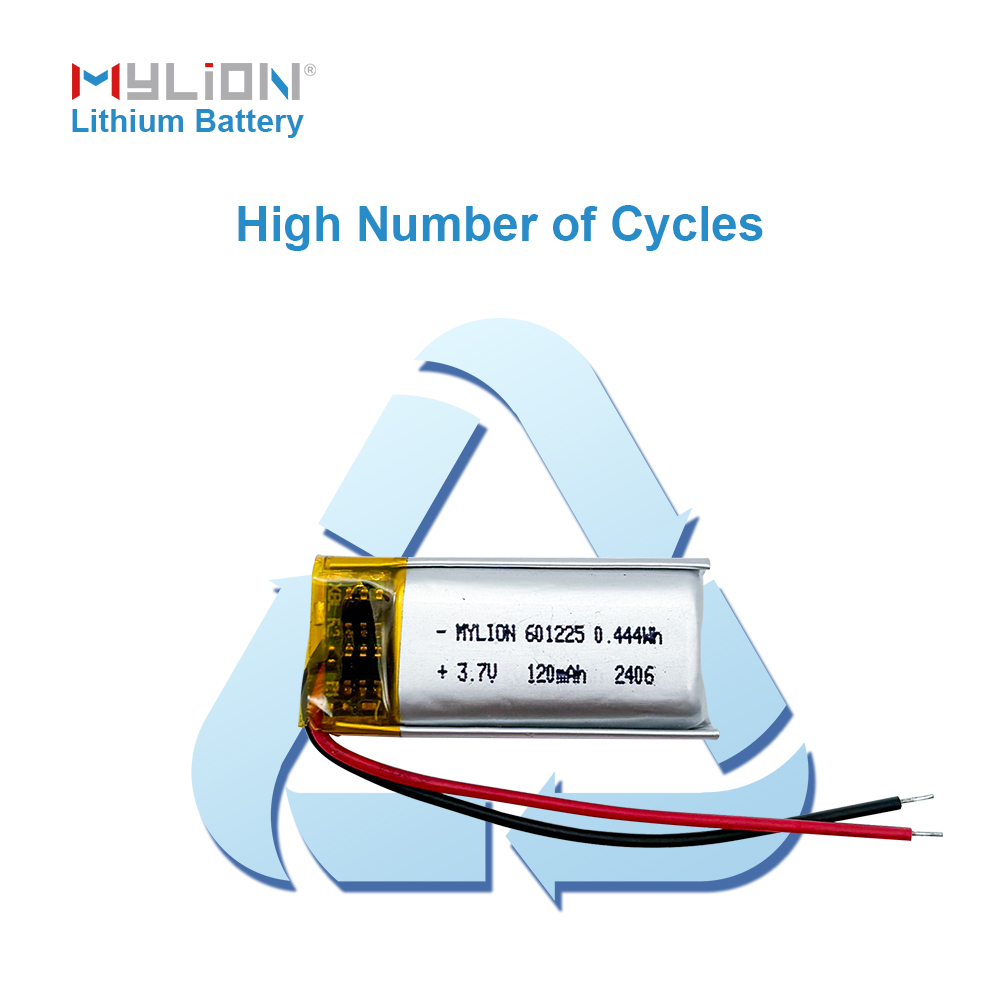
Conclusion
The integration of Li-polymer batteries in wireless communication devices has significantly enhanced connectivity, security, and operational reliability. From ensuring uninterrupted internet access for Wi-Fi routers to maintaining surveillance cameras and VoIP phone service during power outages, Li-polymer batteries play a vital role in modern communication technology. As Li-polymer battery technology continues to advance, the efficiency, reliability, and sustainability of wireless communication devices will only continue to improve, paving the way for smarter, more resilient communication infrastructure.
With their lightweight design, high energy density, and ability to provide uninterrupted power, Li-polymer batteries remain an essential component in the development of wireless communication technology.


